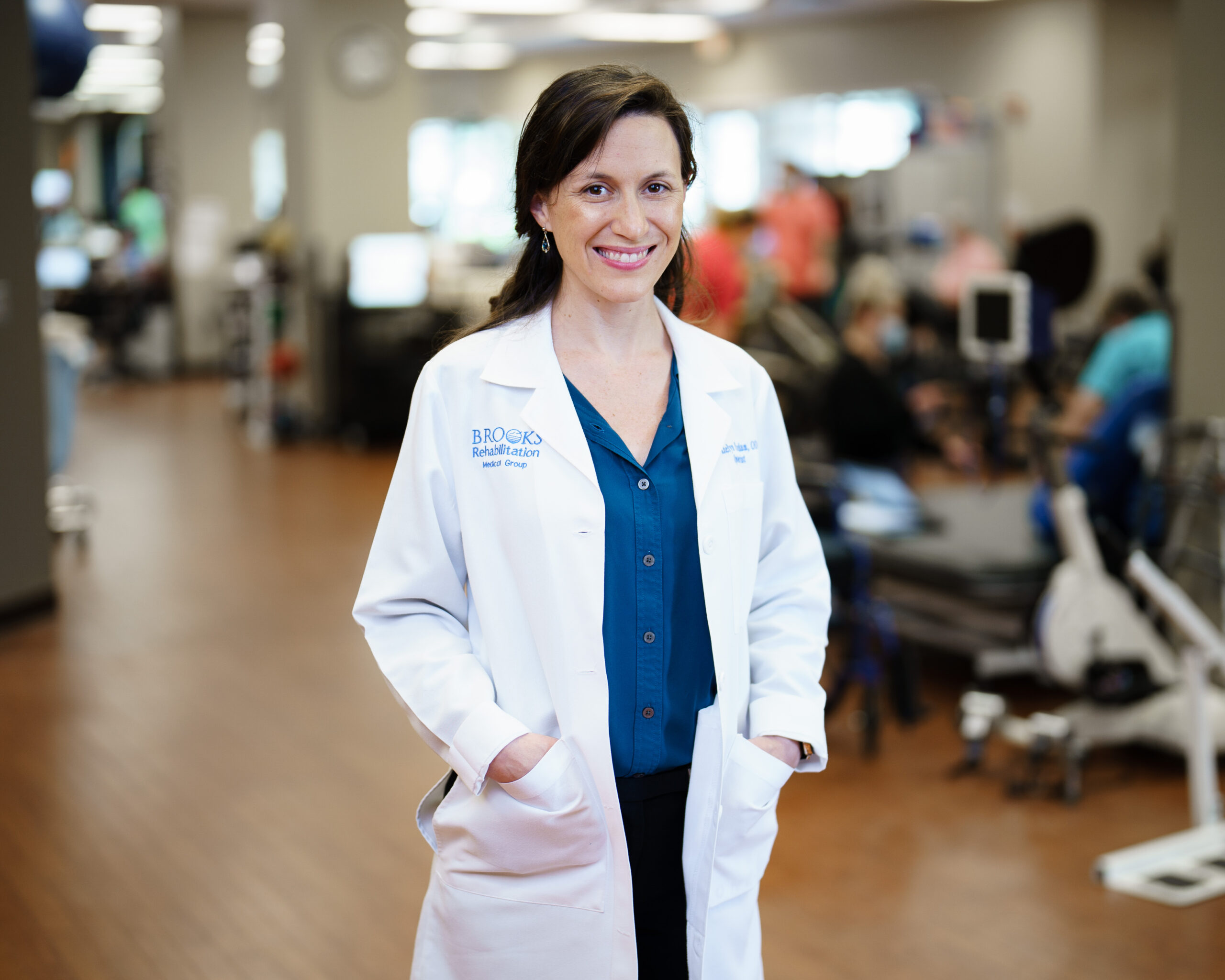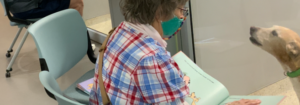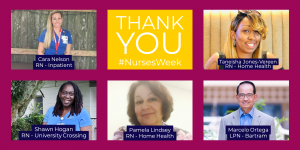Dr. Katelyn Jordan Discusses Low Vision Rehabilitation

Back to physical health resource hub
Video Transcript
Hi, my name is Dr. Katelyn Jordan, an I’m the optometrist here at Brooks and I run our Low Vision Rehabilitation Program.
When we’re talking about low vision rehabilitation, specifically also, low vision means a loss of function. So, a person who has a decrease in vision and also a decrease in function would potentially benefit from low vision rehabilitation where we work specifically towards the goals of whatever they’re having difficulty with. That may be reading, using the computer, some of their jobs at work, maybe something at school or getting around safely. There’s really anything you can think about that you might do throughout the day.
If you have a change in vision or a loss of vision that is compromising your ability to do that, that’s where low vision rehabilitation can help.
Most commonly, when we’re treating somebody with low vision, what we start with is first determining what level of vision that they have, if just a regular pair of glasses or maybe a specialty type pair of contact lenses might help make better use of the vision that they have.
And then from there, we look at, are there special types of magnifiers, devices, or tools that can help enhance the use of the vision that they have? Once we determine that, most frequently, a patient then works with an occupational therapist to learn how to use those devices.
One of the things that’s helpful for people to understand when they’re coming in or they’re sending somebody to benefit from low vision services is really, what is low vision not? And by definition, we know that low vision is a loss of vision that can’t be fixed.
What low vision rehabilitation is not is, we’re not able to restore their vision. We’re really focusing more on function. What we’re really looking to do with low vision rehabilitation is to restore quality of life, to help people get back to living their fullest life, despite the changes that may have occurred in their vision.
One of the services that we provide at the Brooks Rehabilitation Hospital and even our skilled nursing facilities that a lot of people may not be aware of is, we have a program set up working with our therapy team across the system to make sure that each patient that’s admitted is also screened for any type of visual impairment. This is really important because when we’re talking about physical rehab or cognitive neurological rehab, if somebody has a change in vision or even preexisting vision loss, it can affect their safety in walking around, making sure that they’re not tripping or falling. It could even be the reason that they had a fall and they’re in rehab. It can also affect the outcomes that they’re going to be able to provide on cognitive tests that we might give them. A visual impairment, even as minimal as 20/40, can actually cause somebody to appear to have a cognitive impairment, when in fact, they’re really just having trouble seeing the test.


